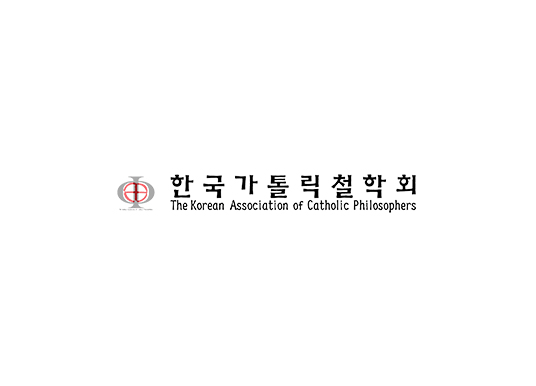로크와 라이프니츠의 본유주의 논쟁 -정신의 작용에 대한 지각-
Locke and Leibniz’s Controversy over Innatism -The Perception of the Actions of Mind-
이상명
숭실대학교
가톨릭철학
2021, vol., no.36, pp. 71-97 (27 pages)
한국가톨릭철학회
1. 머리말
2. 본유성에 대한 이해
3. 로크의 본유주의 반박
4. 라이프니츠의 비판
5. 맺음말
초록
이 논문은 로크와 라이프니츠 간에 이루어진 본유주의에 대한논쟁을 연구한 것이다. 『인간지성론』 1권에 있는 로크의 본유주의에 대한 반박은 그가 내세운 지식 이론과 비교해보면, 본유주의를완벽하게 부정한 것이 아니라는 인상을 남긴다. 이 글은 로크의 본유주의 반박과 라이프니츠의 로크에 대한 비판을 비교 분석하고, 라이프니츠가 본유주의를 옹호하는 견해를 살펴봄으로써 그 이유를 찾아보려 한다. 로크는 본유주의를 반박하면서 본유주의자들이주장한 ‘보편적 동의’라는 근거를 논박하는데, 이것은 결국 보편적동의라는 경험적 증거를 경험적 사례를 통해서 그리고 경험주의적기준을 적용해서 논박하는 것이다. 따라서 그의 반박은 오히려 동일률과 모순율 같은 본유 원리는 경험적으로 증명할 수 없다는 점을 드러내는 것이 된다. 그리고 이것은 라이프니츠가 필연적 진리와 사실의 진리를 구별하지 못했다고 로크를 비판하는 지점이 된다. 또한 우리가 본유적이라고 가정되는 원리나 진리에 어떻게 자연적 역량을 이용해서 도달하게 되는지에 대한 로크의 설명은 이성적 추론에 대한 지각을 포함하고 있다. 그리고 이 이성적 추론에대한 지각은 곧 로크가 감각과 더불어 관념의 원천으로 인정한 정신의 내적 작용에 대한 관찰, 즉 반성을 통해서 얻은 지식이다. 이성적 추론을 통해서 얻은 지식은 로크가 말하는 증명적 지식을 구성하는 것이고 반성적 인식은 이성주의자들도 모두 인정하는 지식이다. 라이프니츠도 우리에게 내재적이고 잠재적인 본유 진리에대한 인식은 주의를 집중하고 순서를 지키는 것이 필요한 이 반성적 인식을 통해서 가능하다고 주장한다. 이로써 로크가 본유주의를 거부한다고 명시적으로 밝히기는 하지만, 로크의 경험주의적지식 이론이 이성주의와 공통적인 부분이 있는 만큼 이성주의자들이 본유주의를 옹호하는 입장과도 유사한 부분이 있다고 할 수 있다.
This thesis is a study of the controversy over innatism between Locke and Leibniz. Locke’s refutation against innatism in Book 1 of An Essay concerning Human Understanding leaves the impression that, compared with his theory of knowledge, it is not completely denial of innatism. This article compares and analyses Locke’s refutation against innatism with Leibniz’s critique of Locke, and tries to find out the reason for it by looking at Leibniz’s views in advocating of innatism. Locke refutes innatism, refuting the “universal consent” asserted by the innatists, which in turn refutes the empirical evidence of universal consent through empirical examples and by applying empiricist criteria. Hence, his refutation rather reveals that innate principles such as the principle of Identity and the principle of contradiction cannot be proven empirically. And this becomes the point where Leibniz criticizes Locke for failing to distinguish between nesessary truth and truth of fact. In addition, Locke’s account of how we use natural faculties to reach a principle or truth that is supposed to be innate involves the perception of reasoning. And the perception of this reasoning is knowledge gained through observation of the inner actions of the mind, that is reflection, which Locke recognized as the source of ideas with sensations. The knowledge gained through reasoning constitutes the demonstrative knowledge of Locke, and reflective cognition is knowledge that rationalists all recognize. Leibniz argues that our recognition of inherent and virtual innate truth is possible through this reflective cognition, which requires attention and order. Hereby, although this explicitly states that Locke rejects innatism, it can be said that Locke’s empiricist theory of knowledge has a part in common with rationalism, so it can be said that there are parts similar to the rationalists’ position in advocating of innatism.

